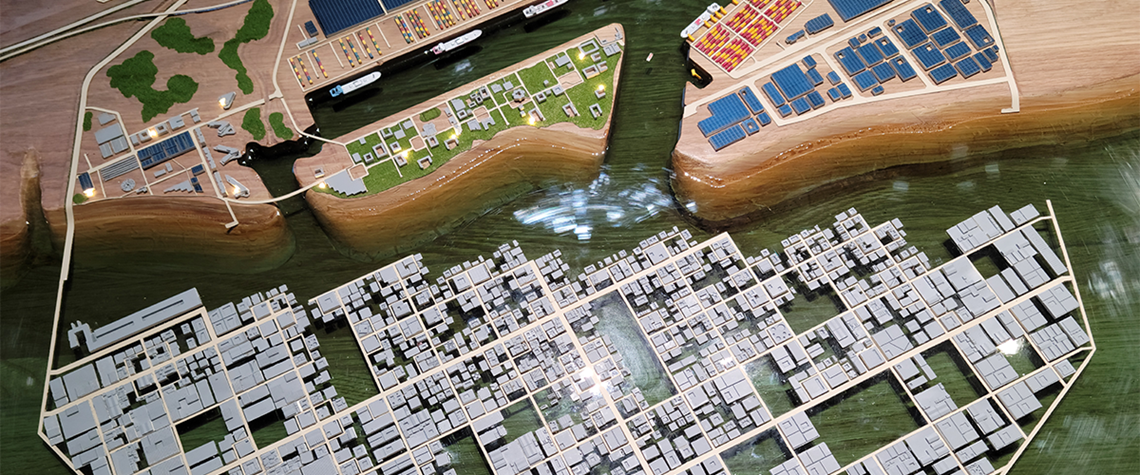Middle East’s hydrogen ambitions need big investment
The region’s superfluity of renewable energy resources mean it has great potential as a hydrogen developer, but it will come at no small cost
With abundant solar and wind energy potential, the Middle East is keen to develop its renewable energy generation and hydrogen production potential. According to the Gulf Petrochemicals and Chemicals Association (GPCA), the Gulf Cooperation Council’s (GCC’s) hydrogen market could experience a compound annual growth rate of 15% between 2022 and 2050, resulting in potential revenues of $120–200b/yr. However, achieving this will require significant capex in renewable energy capacity, infrastructure, electrolyser development and installation, and hydrogen deployment. Installing the renewable and electrolyser capacities needed would require $16–60b/yr over the next 25 years, with approximately 30

Also in this section
25 July 2025
Oil major cites strategy reset as it walks away from Australian Renewable Energy Hub, leaving partner InterContinental Energy to lead one of world’s largest green hydrogen projects
23 July 2025
Electrolysis seen as most leakage-prone production pathway as study warns of sharp increase through 2030 and beyond
22 July 2025
The gas-hungry sector is set for rapid growth, and oil majors and some of the world’s largest LNG firms are investing in ammonia production and export facilities, though much depends on regulatory support
16 July 2025
Major manufacturer cancels rollout of new hydrogen-powered vans and strengthens focus on battery electric and hybrid markets








